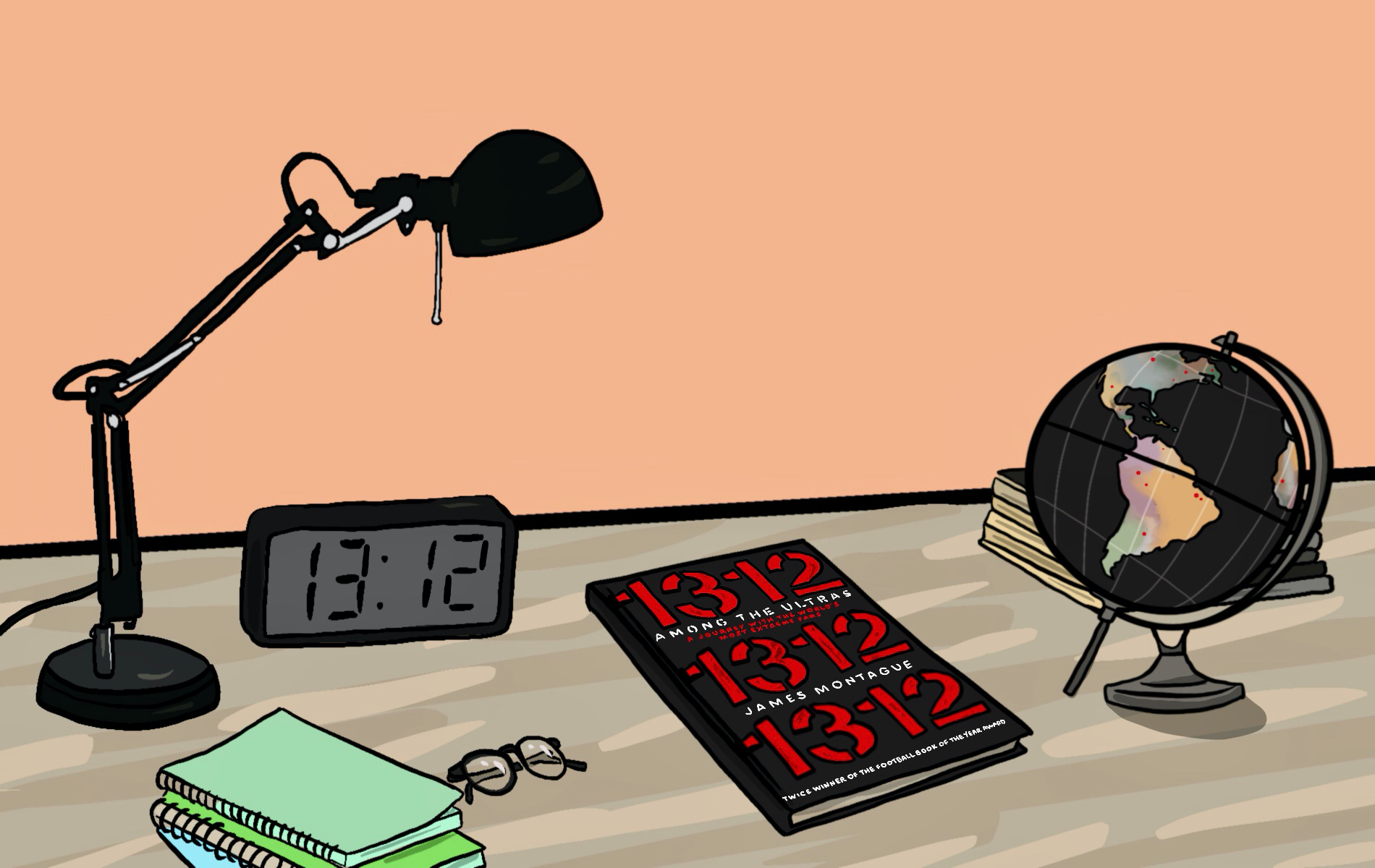89: Arsenal’s Greatest Moment, Told In Our Own Words (2019)
by Amy Lawrence
Being an Arsenal fan born in the early 90s, it is easy for the number 89 to become synonymous with that day, that game, that goal, and that league title. But, to many others, a cloud looms over that year. That famous game between Liverpool and Arsenal at Anfield was a rescheduled one. The original date (23 April) was postponed due to one of the worst miscarriages of justice in English football history – the Hillsborough stadium disaster. Arsenal’s title win of ’89 still lives in the shadow of this tragedy; as did the game, as does this book.
Lawrence rightly acknowledges this in her introduction; as a young Arsenal fan at the time, she recalls her experiences of those few weeks and how football mourned – not just Liverpool fans, not just the city, but football. Midway through this story about a victory against the odds is a deeply moving chapter written by a nearby Sheffield Wednesday fan who vividly remembers that fateful day. When reading ‘The End of Innocence’ one cannot help but be moved to tears. The raw emotion of the eyewitness is almost unfathomable. Supporters simply arrived for a football game and left with their dead.
Having to go to Anfield and beat a dominant and emotionally fuelled Liverpool team by two goals was considered impossible, laughable even.
The Arsenal players knew this. Liverpool had won the FA Cup the previous week and a victory in this game would seal the double – a vindication for those who lost their lives. Despite all of this, Arsenal still had a considerable job to do. In a similar style to her well-received title Invincible: Inside Arsenal’s Unbeaten 2003-2004 Season (2014), Lawrence tackles the storytelling aspect with a subtle use of prose. Each contributor – whether it be player, manager or fan – tells this story in their own words. Therefore, we hear the facts, the tales, the emotions from the people who were involved, the people who were there. Most of the squad are present within these pages as well as George Graham and David Dein alongside some famous fans such as Alan Davies and Nick Hornby, whose comic quasi-autobiographical novel Fever Pitch (1992) is also centred around the events of this game.
Giving the fans a voice is something that is obviously important to Lawrence. Being a lifelong Arsenal supporter herself, she realises the significance that this day is likely to have had in most of their lives, and it is from this acknowledgement that this somewhat oral history is born. The prologue from an anonymous fan, as well as the several accounts of others, successfully communicates the importance of what happened on 26 May 1989. It is highly unlikely that a league title is going to be won in this manner ever again with the top two teams, nearly equal in points, facing each other in a head-to-head contest in the very last game of the season (and that is before the arrival of a trophy-winning goal in added time). There is lots to be said about Manchester City’s Aguero moment in 2011, and rightly so, but they were always expected to win that game against QPR. Having to go to Anfield and beat a dominant and emotionally fuelled Liverpool team by two goals was considered impossible, laughable even.
And so, this is ultimately a story of the impossible, made possible. At some point in this story, everyone admits defeat. Whether it was the week before or five minutes from time, they believed it couldn’t be done. But it did. It happened. And the message from Lawrence, and the countless others who contribute to this account, is that no matter what you’re told, anything is possible. If you mix talent and hard work, you can achieve what others could only dream of. In this time, we could all use a little tale like this. A tale that out of immense pain, against extreme odds, can come the greatest of achievements.



